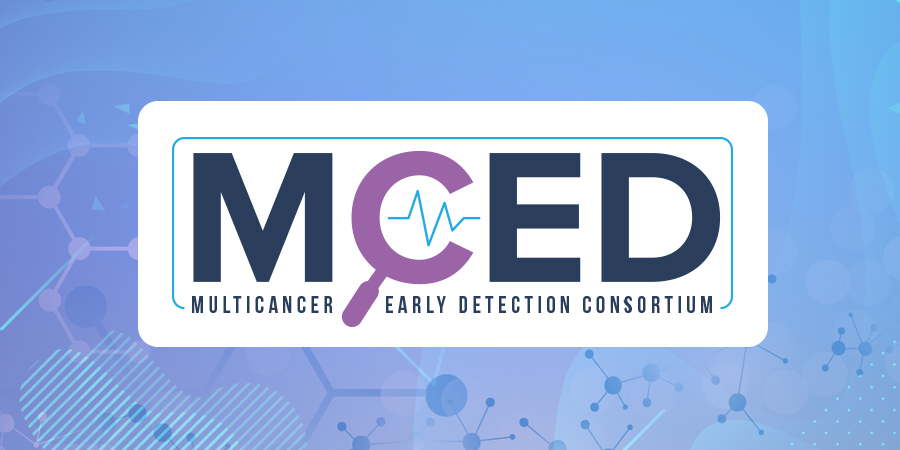The Multicancer Early Detection (MCED) Consortium, a public-private collaboration between organizations in the U.S. and U.K., has a challenging mission, “To reduce the burden of cancer by evaluating how MCED technologies may improve cancer detection, treatment, and care to benefit all people.” Today, they released their first position paper, Evaluating Multicancer Early Detection (MCED) Technologies For Clinical Use, which explores the landscape of emerging technologies that could allow clinicians to screen and detect multiple cancers at early stages and establishes their role in the development of guidance for the use of, and education about, these tools.
“MCED encompasses an emerging set of technologies enabling clinicians to screen for multiple cancer types at once. They hold the potential to be a “disruptive technology” identifying a broad range of cancers earlier when treatment is more likely to lead to better outcomes.” said MCED Consortium Chair, Michelle M. Le Beau, PhD, Professor Emerita, University of Chicago. “However, the introduction of MCED technologies will require careful risk: benefit analyses, as well as proactively preparing clinicians and health care systems for their implementation. The MCED Consortium has assumed this vital mission – to help establish standards and implementation guidance for MCED technologies’ potential use in clinical care, and to understand and address the impact of these technologies, especially on health equity.”
The Consortium has convened experts from across the fields of medicine, statistics, health care delivery, health care policy, and health equity to participate in several workstreams: clinical utility, care delivery, health equity, and communications. These members will lead the development of essential guidance for evaluating and implementing these technologies and educational materials to inform the public about what these technologies are and how they may benefit from them.
Deputy Chair Larry Kessler, Sc.D., a professor of Health Systems and Population Health at the University of Washington, comments, “These workgroups will address a number of challenges in providing guidance to measure the risks and benefits, and ultimate value of using such technologies, how they can be most effectively employed in both the US and UK health systems, how we communicate with clinicians, policymakers, and the public, and how all of this can take into account issues of health equity to ensure that these new and potentially powerful methods advantage all people.”
The Consortium plans to launch additional work products from its Health Equity, Care Delivery, and Clinical Utility workstreams over the next several months. Learn more about the Consortium, their work, and joining the effort here.
Multicancer Early Detection (MCED) is a set of emerging technologies that could allow clinicians to screen and detect multiple cancers at early stages. The MCED Consortium has brought together stakeholders from across the healthcare continuum to evaluate MCED technologies on their benefits and risks, develop guidance for their equitable and accessible introduction into clinical care, and accelerate education on how they may improve patient outcomes and survival. To learn more about the Consortium, please visit our website.

